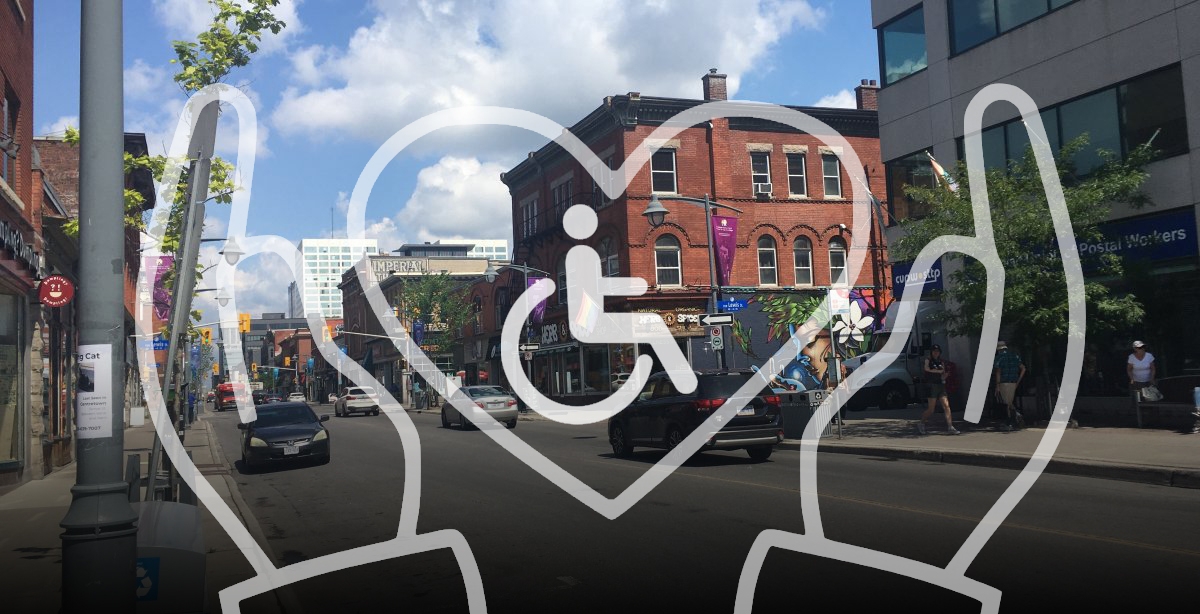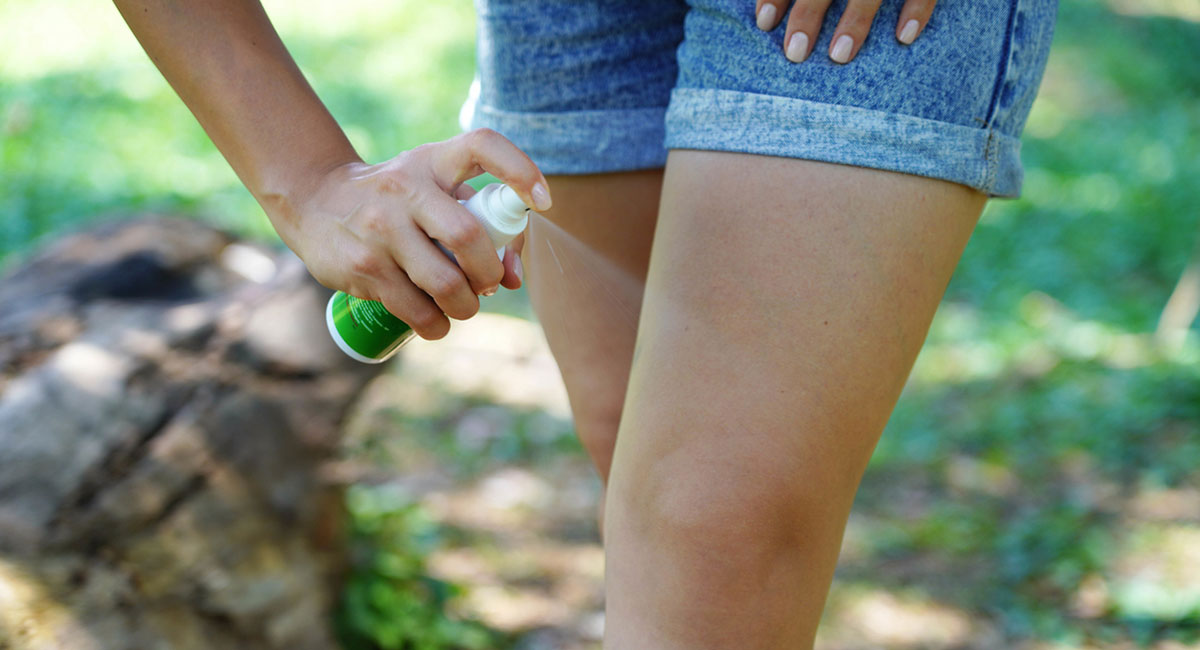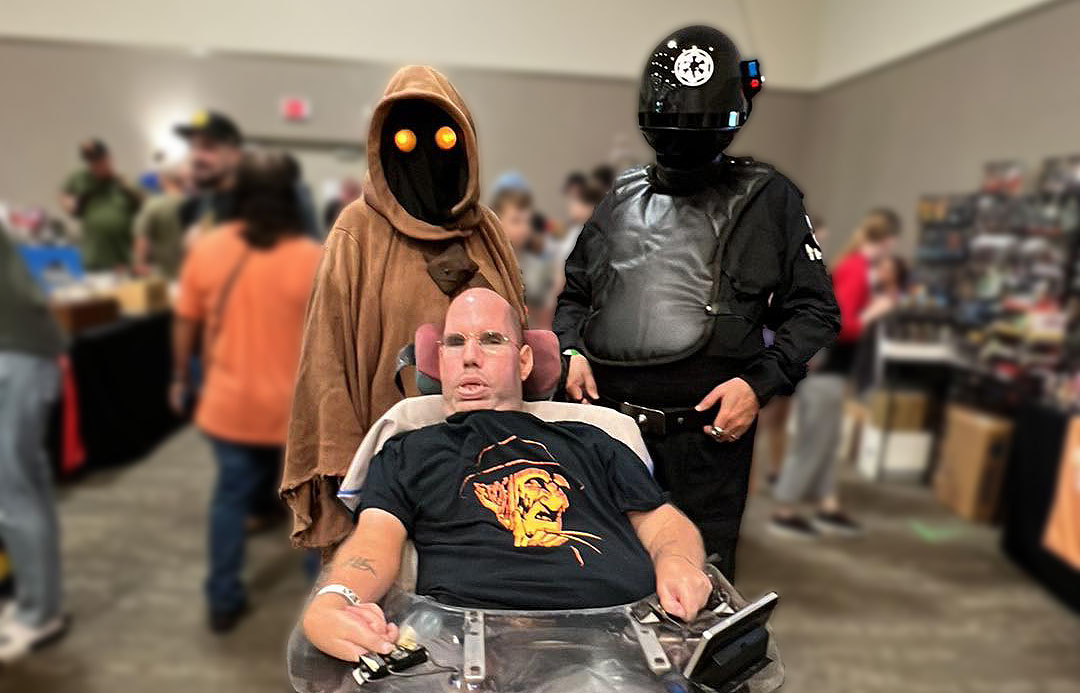
To all business owners: don’t forget about PWD when you reopen
By the time this comes out, I’ll be training another caregiver. This week, I’ll be training at least two new people. I believe there will also be another person the following week. Of course, things can always change, but that’s currently the plan.
I hope that I’ll be done with the training by June 2nd. June 2nd is currently the date that the “lockdown” or “stay at home” order is set to end. I wouldn’t be surprised if it were extended or told to shut down again shortly after. I obviously don’t want that to happen, but people are people, and many still ignore guidelines.
While I look forward to reopening things, it also marks the return of recurring issues for PWD that haven’t been adequately addressed. One big issue is wheelchair accessibility. Many people still don’t understand that while many businesses will reopen, others will remain closed to those with disabilities, especially those who use mobility devices. I believe that all businesses can be accessible, but choose not to be.
In previous columns, I’ve discussed in great detail why I feel that way. As another example, during the pandemic, businesses quickly adapted by offering curbside pick-up and even offering delivery in some cases for the first time. Mind you, to some companies, and it still wasn’t enough for them to stay afloat. I guess my big question is….
If some businesses can adapt and adjust during a pandemic, why can’t they do it for people with disabilities?
Keep in mind, though; curbside pick-up isn’t a good option if you can’t drive. Personally speaking, I only know a few PWD that can drive. So, in most cases, a better option would be delivery. Thankfully, most big businesses do offer delivery, but not many smaller ones do. I would love to support and buy local more often, but that’s not possible if I’m unable to get into the store or check out a store’s website and arrange delivery.
My needs are different than most. For example, I don’t eat solid food typically. Unless I have people over, I do not need to have food delivered. However, food delivery exists to make life easier for others. If you’re a person with a disability, getting an item delivered can take on a whole other meaning. For some, they depend on delivery, especially if they’re unable to leave their home. Therefore, offering delivery would be appreciated, but it could be a lifesaver for many.
When Covid restrictions do ease up, small businesses will have a steep hill to climb. For some, it’ll seem like they’re starting over. Many will have to regain their customers, plus attract new ones. Others may have to close for good if their customers aren’t returning.
During the last reopening, I recall sitting at home watching the news. A story came on about a few restaurant owners being upset that business was slow despite their efforts to prepare for their return. Two thoughts came to mind.
First, while I understand their need to make up for lost time and money, it’s not going to happen right away. Some customers will need time to readjust. The world changed over a year ago. Many have made significant changes in that time and therefore need time to return to how things were. That is if they choose to.
The second thought that came to mind was that this specific restaurant wasn’t wheelchair accessible at all. If your business isn’t wheelchair accessible, you’re ignoring an entire community and preventing them from entering your establishment.
Again, I don’t know much about running a business, but I think it’d be essential to do what you could to welcome ALL customers. The more welcoming and accommodating a business is, the better chances they have of attracting customers.
It’s important to remember that the pandemic has affected us all somehow, and those impacts will last for years in some cases.
Please be kind and understanding to everyone’s needs, including people with disabilities.
We were here long before Covid, and we’ll still be here long after Covid.
Just like you.









